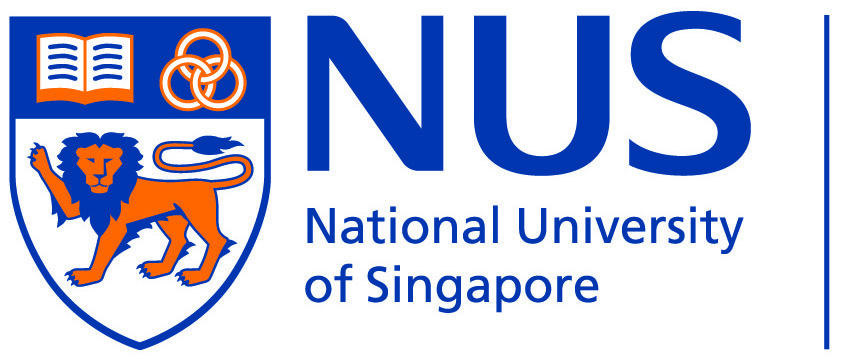Asst. Prof Zhang Huangwei, Department of Mechanical Engineering, NUS, on 21 January 2021
Two-phase chemically reacting flows widely exist in engineering practise, such as propulsion system, power generation, industrial hazard prevention, and nanomaterial flame synthesis. Normally they include dispersed droplets or particles in a continuous gas phase field, where elementary chemical reactions proceed. Comprehensive interactions occur between these two phases, which however renders it difficult to accurately articulate how the dispersed droplets behave and influence the reacting flow dynamics. As a research team in NUS, we aim to unveil the underlying interactive mechanisms behind the chemically reacting flows based on high-fidelity numerical simulations and advanced data analysis method.
